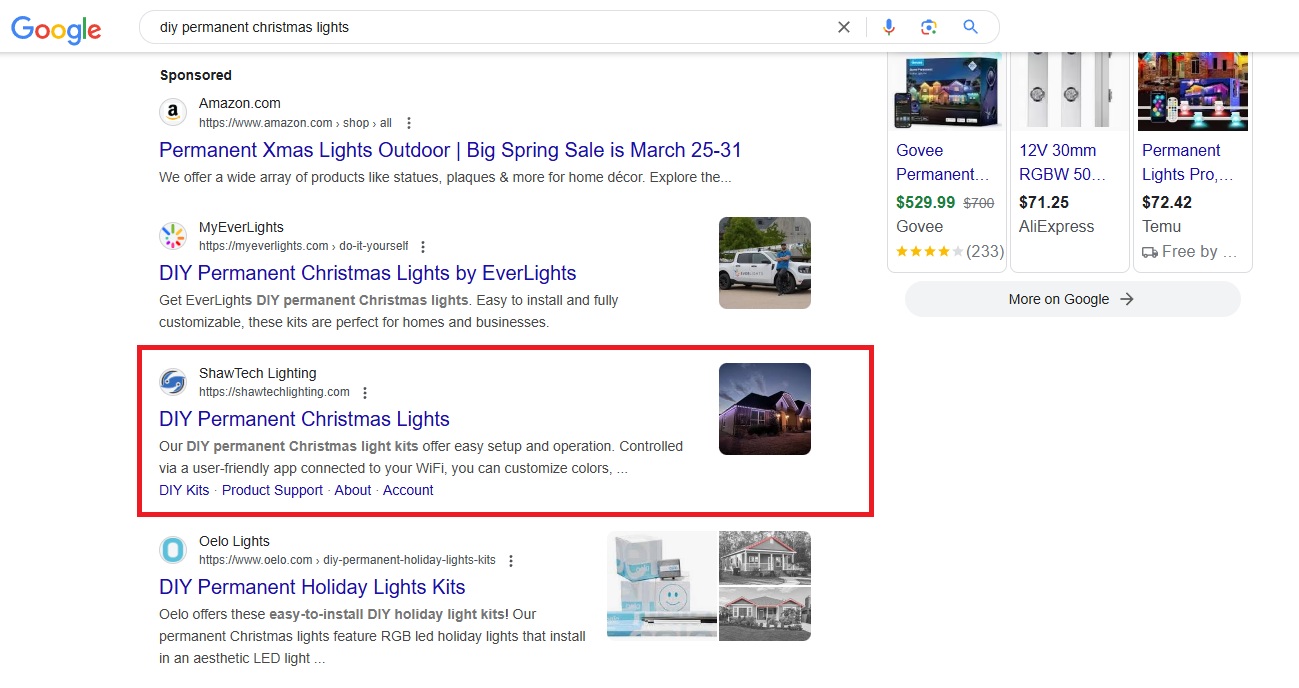ShawTech Lighting has benefited from our expert digital marketing services, gaining increased online visibility, improved customer engagement, and a stronger brand presence. Through strategic SEO, targeted advertising, and optimized content, we have helped ShawTech Lighting reach more potential customers and showcase their high-quality permanent LED lighting solutions. Our efforts have driven measurable growth, enhanced website traffic, and boosted conversions, positioning ShawTech Lighting as a trusted leader in the industry. We are proud to have delivered real, impactful results that support their long-term success.
- Long-term Relationships Through Results, Not Contracts @ Utah Digital Marketing Experts























![Best Utah SEO Companies in [year] – Top Agencies for SEO Services - OnToplist.com](https://www.ontoplist.com/images/ontoplist51.png?id=68509bc1b7782)